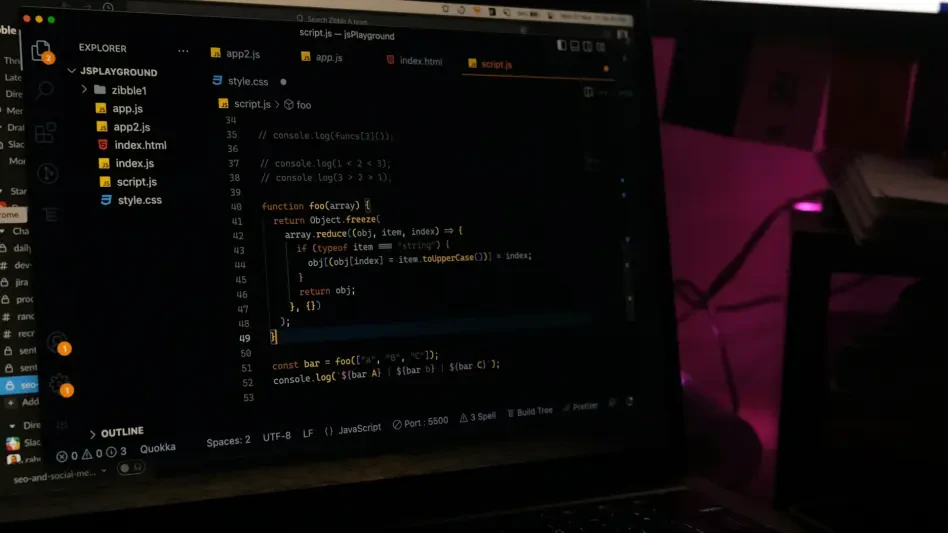In a significant development for the JavaScript development community, Sonatype has announced the overhaul of its JavaScript scanning tools. This enhancement aims to improve the accuracy, control, and speed of identifying and rectifying security vulnerabilities in open-source npm packages. The initiative underlines the critical need for high-quality components, especially given the 1.2 million open-source JavaScript packages available in the npm repository and the fact that they receive over 17 billion weekly downloads. Notably, the 2019 report from Sonatype indicated that over half of the downloaded JavaScript packages contained known vulnerabilities, highlighting the urgency of the matter.
Enhanced JavaScript Scanning for Better Accuracy
Combining Manifest and File Scanning
Sonatype’s revamped JavaScript scanning algorithm integrates both manifest scanning and file scanning methodologies to produce more accurate and insightful vulnerability reports. By aggregating data from these distinct scanning approaches, developers benefit from actionable insights that simplify the process of identifying and addressing security issues. This dual scanning approach reduces friction in the development workflow and enhances overall security hygiene. Expanded coverage and noise reduction functionalities across Sonatype’s Nexus Platform further clarify the nuances of policy violations. Developers thus have greater visibility regarding embedded dependencies, enabling faster and more precise remediation recommendations.
Streamlined Policy Violation Handling
A standout feature in Sonatype’s updated offerings is the capability for customers to automate npm pull requests directly on GitHub. When a policy violation occurs, Nexus Lifecycle evaluates the package’s vulnerabilities, licenses, and other critical attributes. It then automatically generates a pull request if a newer or more secure version of the package is available in the public repository. This automation streamlines the process of updating and securing npm packages within applications, significantly reducing the time and effort required by developers. By incorporating these automated processes, Sonatype helps ensure that applications remain up-to-date with the latest and safest components, mitigating potential security risks.
Support for Early-Stage Security Implementation
Introduction of AuditJS
Recognizing the need for early-stage security measures, Sonatype offers AuditJS, a free tool designed to help developers scan their JavaScript projects for vulnerabilities efficiently. AuditJS requires only a few lines of code to operate, making it accessible even to those new to open-source vulnerability scanning. Integrated seamlessly with Nexus Lifecycle, the tool supports the early implementation of security protocols, crucial for maintaining robust security throughout the software development lifecycle (SDLC). This initiative underscores Sonatype’s commitment to embedding security into every phase of software development, promoting proactive rather than reactive measures.
Broader Mission and Commitment
Sonatype’s broader mission involves integrating security at each stage of the SDLC, reflecting an understanding of the complex challenges faced by developers working with open-source components. By providing tools like AuditJS alongside its enhanced scanning algorithms, Sonatype emphasizes the importance of early and continuous security checks. The company’s efforts aim to foster a culture of security-first development practices, which is essential in an environment where open-source components are ubiquitous. The cohesive use of proprietary algorithms, expanded platform capabilities, and free tools like AuditJS demonstrates Sonatype’s dedication to reducing security risks and improving the overall software supply chain.
Conclusion and Future Considerations
In a significant update for the JavaScript development community, Sonatype has announced substantial improvements to its JavaScript scanning tools. This upgrade is designed to enhance the accuracy, control, and speed at which security vulnerabilities in open-source npm packages are identified and resolved. This initiative underscores the urgent need for high-quality components, especially considering the vast number of open-source JavaScript packages—approximately 1.2 million—available in the npm repository, which collectively receive over 17 billion weekly downloads. The importance of this matter was further highlighted by Sonatype’s 2019 report, which revealed that more than half of the downloaded JavaScript packages contained known vulnerabilities. By updating their scanning tools, Sonatype aims to better equip developers to navigate the complex landscape of open-source software, ensuring more secure and reliable applications. This move is expected to have a significant impact on the development process and security protocols within the JavaScript ecosystem.








